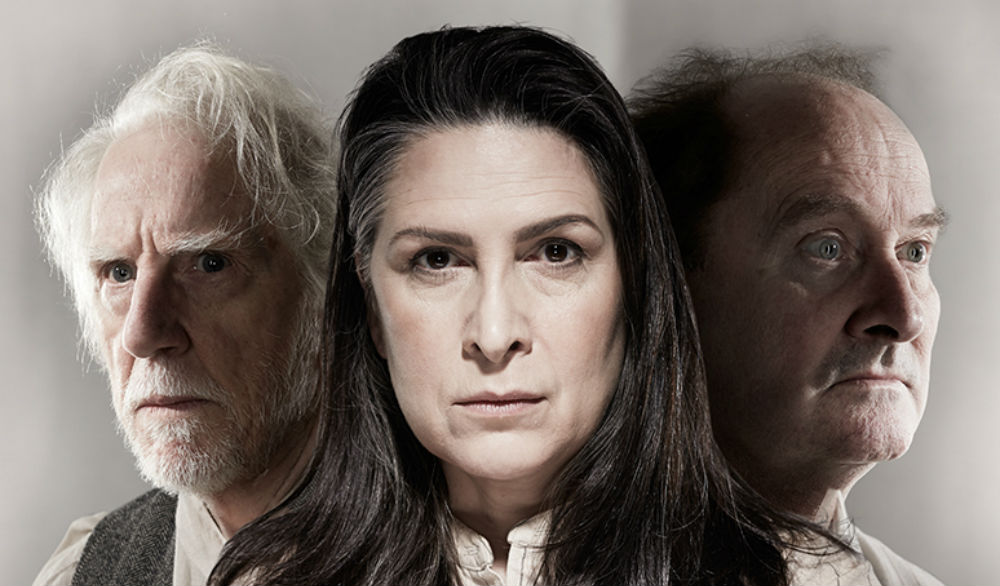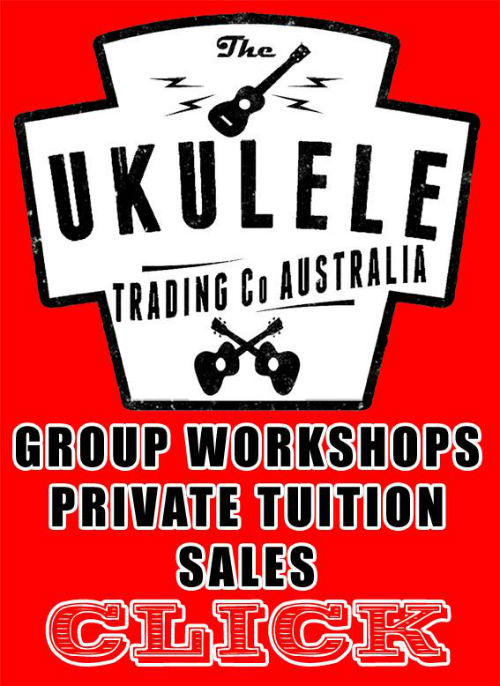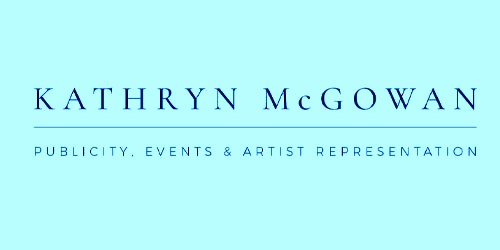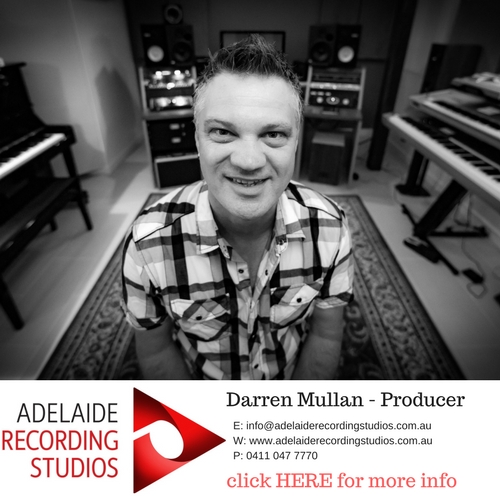by David Robinson.
Becket Triptych, an evening showcasing a trio of Irish novelist, playwright and poet Samuel Beckett’s works, comes to the Adelaide Festival this March. An evening of tragicomic, bleak, powerful introspection is almost guaranteed. We speak with State Theatre Company Artistic Director Geordie Brookman, and ask, with a month remaining until opening night, if he is happy with preparations thus far.
“Very much so,” Geordie begins. “It’s a slightly unique situation, in that the three pieces are helmed by three different directors. We’re all operating in our own little worlds a bit. Nescha (Jelk) is off rehearsing Krapp’s Last Tape with Peter Carroll, I’m in a pre-production and preparation phase with Pamela Rabe and Footfalls, and Corey McMahon is doing the same with Paul Blackwell and Eh Joe. We’re trying to find moments to reconnect and ensure that the three pieces are going to present a kind of unified front.”
Are there any artistic challenges specific to bringing a triptych to the stage?
“I think it is absolutely that,” he answers, referring to his previous comment. “Ensuring that each piece has its own unique nature and yet making sure that there is a kind of artistic unity, or aesthetic unity, to all three. We are relying very much on art designer Ailsa Paterson and sound designer Jason Sweeney, both of whom cross over all three projects; to make sure that there’s a strong aesthetic link.”
What is it that drew you to the works of Samuel Beckett?
“I think it’s a couple of things” Geordie says. “It’s partly the challenge; the chance to throw yourself up against the pieces and see how you go, that’s always attractive. I also think that with Beckett it’s the fact that he creates pieces for the theatre that are as close as possible to articulating the human subconscious on stage. They are incredibly internal, and they exist in this sort of half-way space between waking life and a kind of dream world. It’s a very exciting place to operate in as a theatre maker. There are all sorts of things that brought me to Beckett but I think that they are two chief reasons.”
Why do you think audiences will appreciate Beckett?
“I think he connects with an audience in a slightly different way from all the other playwrights,” he suggests. “These three particular plays, each one of them represents a kind of haunting. All three central characters live more in their memories than in the present moment. And that’s an idea that interested me a great deal. How much is our life simply a construction of a set of memories, airbrushed over time? How much do we actually live in the moment?
“Beckett is kind of beautifully perceptive about those thorny, hard to articulate things. But you connect with them, and enjoy them on a number of levels. The language is just beautiful, and the visual imagination involved in the performance is quite stunning. He also demands the absolute highest-grade actor. You have to have actors who are incredibly skilled vocally, and incredibly precise physically, and who are able to drop themselves into this strange world without the normal security blankets that we have in the theatre.”
The audience moves between spaces during the performance. Why did you decide to do it that way – to create more intimacy?
“What we wanted to avoid was breaking the trio up by having two large intervals. We would need that time to do the changeover of set,” Geordie explains. “Eh Joe also has a fairly complex audio/visual element, it required its own space, and couldn’t simply be bumped in and bumped out for each show. Whereas Krapp’s Last Tape and Footfalls are physically much simpler.
“We did also like the idea of the audience being split into two halves, experiencing the first two, shorter pieces, in smaller, intimate surrounds. Then going away for an interval, and coming back and seeing Krapp’s Last Tape as a larger group. It means that each night with the two shorter pieces, Footfalls and Eh Joe, we cycle them through twice. The whole audience gets to see both shows, and then they come back together and see Krapp’s Last Tape, as a kind of cherry on top.”
Beckett Triptych kicks off State Theatre Company’s 2015 season. Without the Adelaide Festival, would you still have led with this one?
“I think so,” Geordie says. “The great thing about the Festival is that it does give us a little bit of latitude, in terms of how much we can play with the form. We can often take more risks within that context. We have a very close relationship, we have a number of conversations running with them at any one time and our intent, although it’s by no means guaranteed, is to have a presence in the Festival every year.
“I think the project is so strong; the chance for Adelaide audiences to see these three actors over the course of a single night is pretty rare. It’s been almost 20 years since an Adelaide audience has had a chance to see Peter or Pamela in a State Theatre production. They are two leading lights, as is Paul Blackwell – three leading lights of our industry – so it will be a very in-demand show, no matter where you put it in the season. We are in the position at the moment where I think the first six shows are sold out, so we are filling up the season remarkably at present. It demonstrates that there is a great appetite in Adelaide for adventurous theatre.”
It’s been nearly three years since you took on the Artistic Director role for STC. How are you finding the job?
“It’s a bit of a dream come true really,” he admits. “I don’t think anything quite compares to being able to lead a company artistically; to try to be a part of building an arts culture in a city. I’ve been having a fantastic time and I’m really encouraged by the ambition and creativity we have in our local industry.
“We feel very well supported, and we feel we have a really strong connection with our audience,” Geordie concludes. “I think it bodes well for the future. We’ve got big ambitions for the company and we’re making good progress.”
Beckett Triptych performs at State Theatre Company Scenic Workshop & Rehearsal Room, Adelaide Festival Centre, at various times from Fri Feb 20 until Sun Mar 15.
Book at BASS on 131 241 or bass.net.au. Click here to purchase your tickets.




